The causes of difficult situations and the wounded prospects of the future are always the focus of debates, which is surely important. However, in complicated times, the present often slips out of spotlight, and that is an irreversible responsibility of each of us.
History’s lessons are hard, but they ask questions locked in the drawers, which are not about the past or the future, but rather about examining what is here and now. The very people and the actions, whose answers fit into this logic, are the sprouts of tomorrow's rebirth from the ashes.
Mediamax tells about people who have taken responsibility in the most difficult situation for Armenians, whose initiative seems just like a drop, but one of those that can fill an ocean.
***
Colombian sisters Monica and Liliana have been living in Yerevan for more than 4 years. Monica founded her own social dance studio years ago, and Liliana works in the Armenian office of an international organization. Not speaking Armenian creates some challenges for the sisters, but it does not prevent them from loving Armenia and considering it their home.
After the aggression unleashed by Azerbaijan against the Artsakh Republic on September 27, the Colombian sisters launched the first assistance program to the families displaced from Artsakh, which was followed by the post-war "Baby Care Project".
The first reaction to the news of the war
Liliana Conde: One of my good friends is from Artsakh. She lives in Yerevan, but her whole family was in Artsakh when the war started. The first thought of mine after knowing about the war was how is her family? So, I called her and she told me that she was hurrying to Goris to pick up her family. They were able to escape to the safe zone, not having time to take anything with them - they were even wearing slippers.
My friend expressed this idea during our conversation: “My family has me and I could give them home and buy things for them, but can you imagine families who also had to leave their homes but had nothing and no one?”
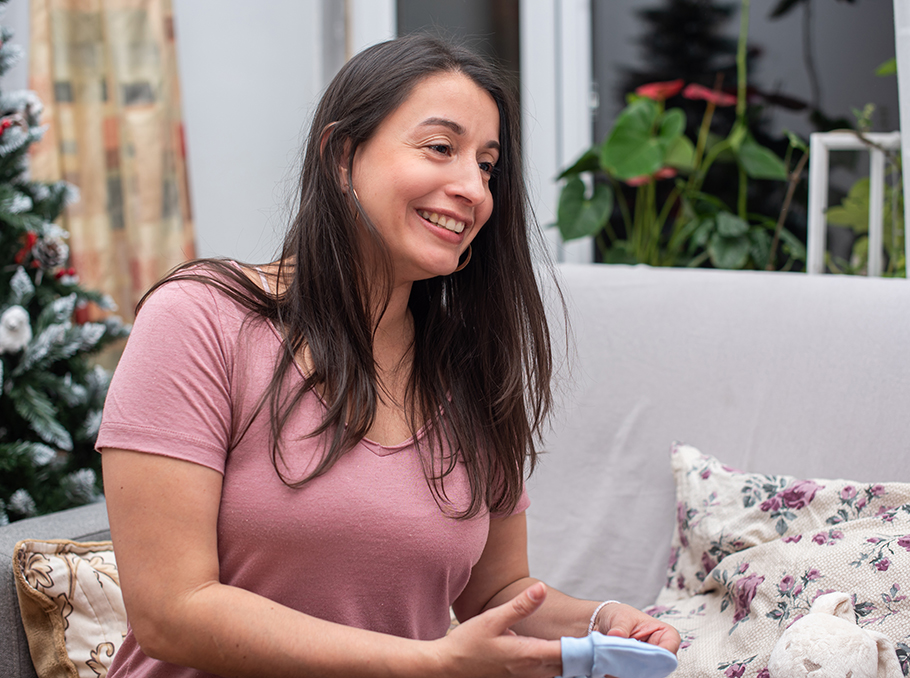
Photo: Mediamax
Monica Conde: After learning all this, my friends and I did not think about what would happen next, but only about what steps we can take right now.
Liliana: The next day we gathered with all our friends and decided to deliver food, hygiene items, all the basic supplies the families need at this moment. Nevertheless, we thought it was going to be only several days, maybe one week, or two, but … Anyway, we were doing what was good at the moment.
The need for telling the truth
Liliana: My role was doing promotion and awareness, collecting donations through my international network. There was a need to explain what was really happening because non-Armenians could only be informed from the international news that was not necessarily showing reality.
Many people were reaching out and saying they were so sorry for everything that was happening and they sent some donations.
Monica: We received a lot of donations from local Armenians, some of them were giving a certain percentage of their salary. Many individuals, both Armenians and non-Armenians, were sending donations. They were from the US, Germany, UK, Brazil, Argentina, Bolivia, Mexico, Canada, Spain, Australia, etc.
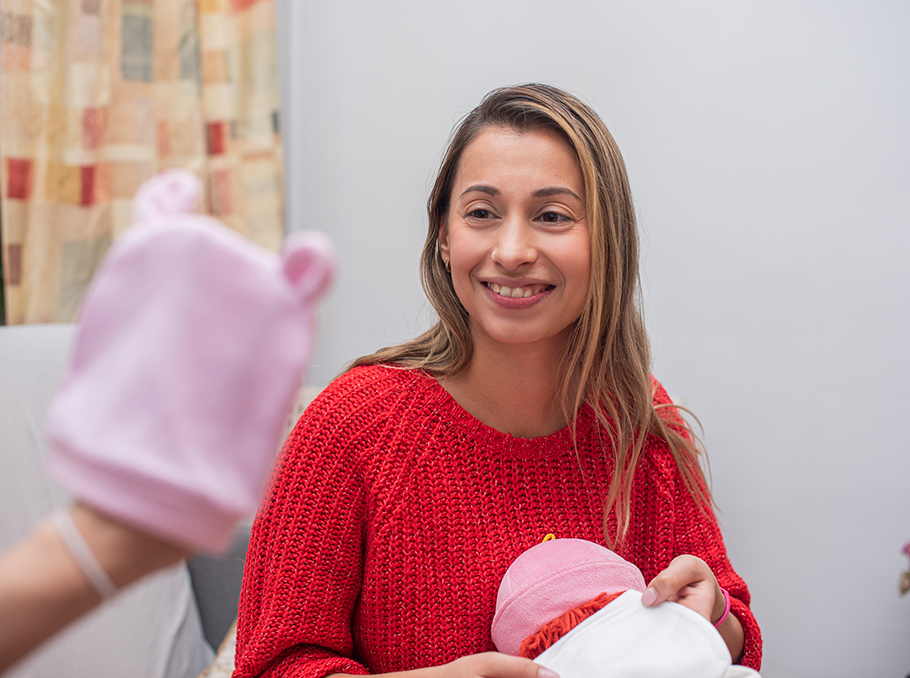 Monica Conde
Monica CondePhoto: Mediamax
Armenian ventures unwilling to help
Liliana: The second challenge of my job was finding and making deals with local ventures. We wanted to buy products directly from producing companies to make the most of the funds, but reaching an agreement with the entrepreneurs caused some difficulties. Many of them were not willing to cooperate, which sounds crazy, but it was.
We were calling them, telling about our project and asking how we could collaborate, but often the answers were like “Go and buy it from the store”, “You should come here to pick it up”, “No, we are selling only big quantities”, etc.
Luckily, some companies made donations or free deliveries.
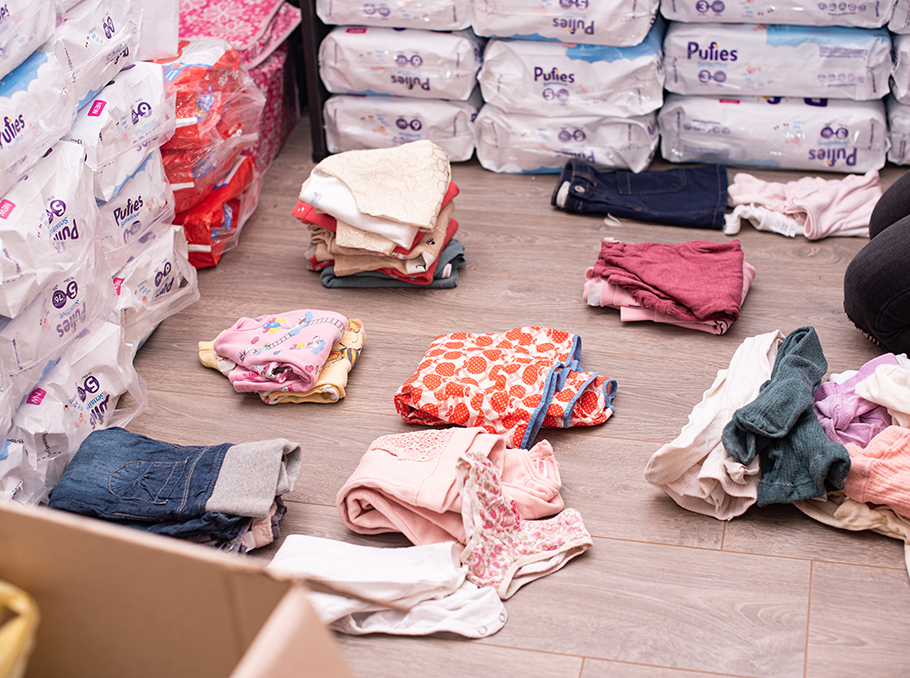
Photo: Mediamax
More than 1300 families
Liliana: Many supporting Facebook groups were created those days, and our friend from Artsakh was posting there our phone number, urging people in need from Artsakh to contact us. Girls in our team were receiving many calls every day.
Monica: My role was mainly on the logistic side, working with the volunteers, packing, and sending products directly to the families. We were working 4-5 days a week creating the packages, making sure they had everything the families needed.
We did not have much experience in terms of the process and on the first days, we made mistakes, but we had been learning and making it better.
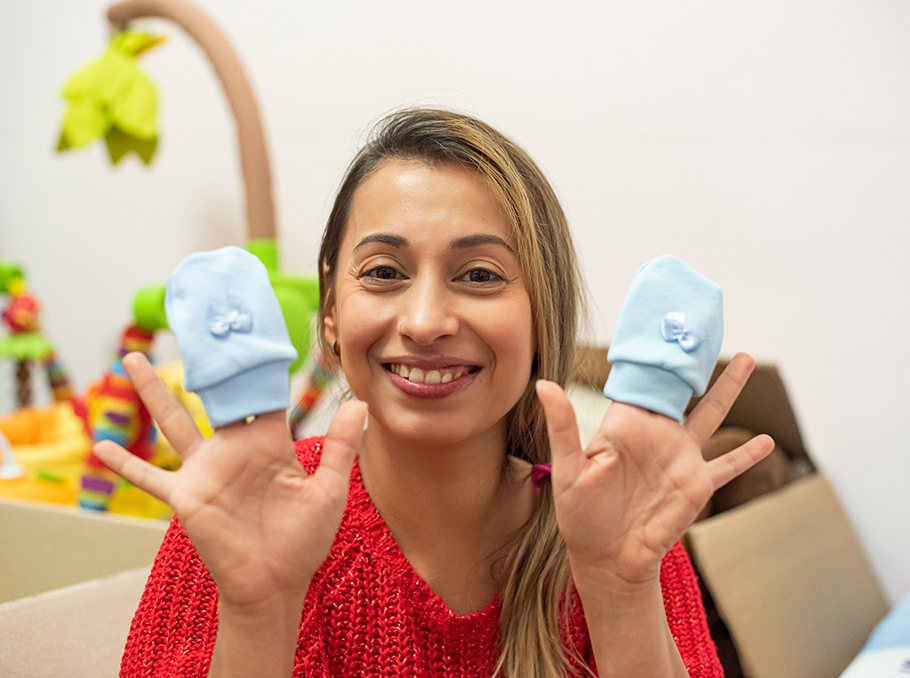
Photo: Mediamax
We had 60 volunteers in total. Due to their help, we managed to deliver aid to nearly 9,000 people, which form more than 1,300 families.
It is our duty to help
Monica: At some point, this work became a responsibility for us. After helping 100 families, you cannot just give up on the other hundreds that are in need too. It felt like our duty.
Liliana: When the war ceased, we realized that it was becoming increasingly difficult to obtain donations. We also saw that international organizations began to focus on displaced families. We are just individuals who started that work because it had to be done. Now it is necessary to allow international organizations to do their job. Thus, we ended our first support program, but our responsibility did not end there.
Changing the baby's future
Monica: While working with families, we saw that certain needs were not covered by local and international assistance programs. This mainly refers to baby care. When you are helping thousands of families, it is difficult to have baby products as a priority, while for a mother and child, these necessities definitely are a priority.
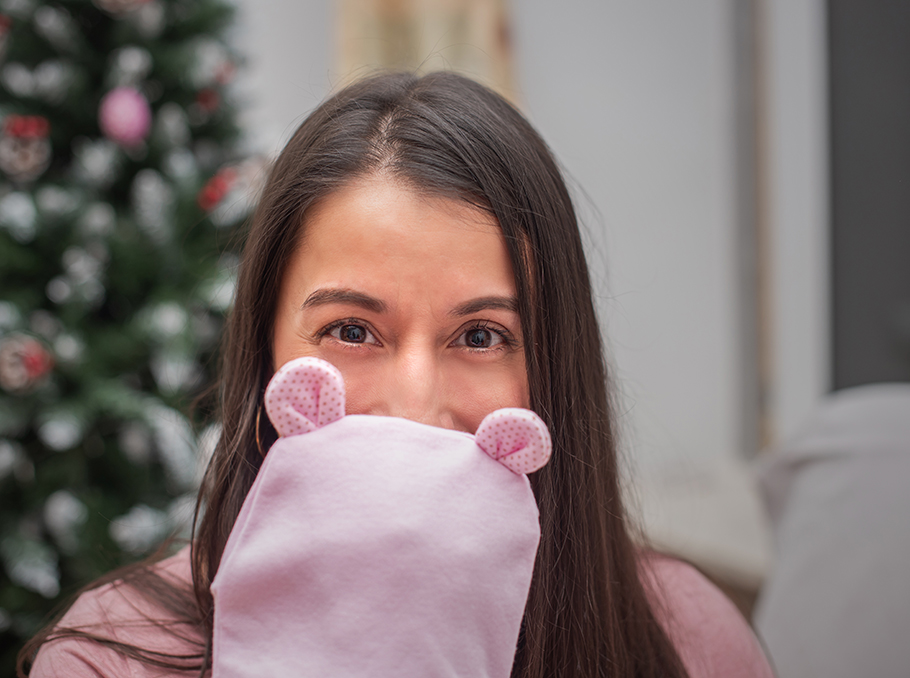
Photo: Mediamax
There are many ways to help, but we wanted to have a long-lasting impact on families. This program could bring a great change to the family, as the baby’s first years are the most important for further growth. That is why we launched our next program - "Baby Care Project".
The target of the support is Kapan
Liliana: First we had to understand where we were going to direct the aid. In Yerevan, families have easier access to donations, necessary medicines, etc.
We learned about Kapan city, where many families displaced from Artsakh went. We got in touch with the non-governmental organizations there, social workers, and supporting families. After consulting with them, we decided to implement the program in Kapan and neighboring villages.
The social workers first visited the families to make sure they needed help, then provided their contacts.
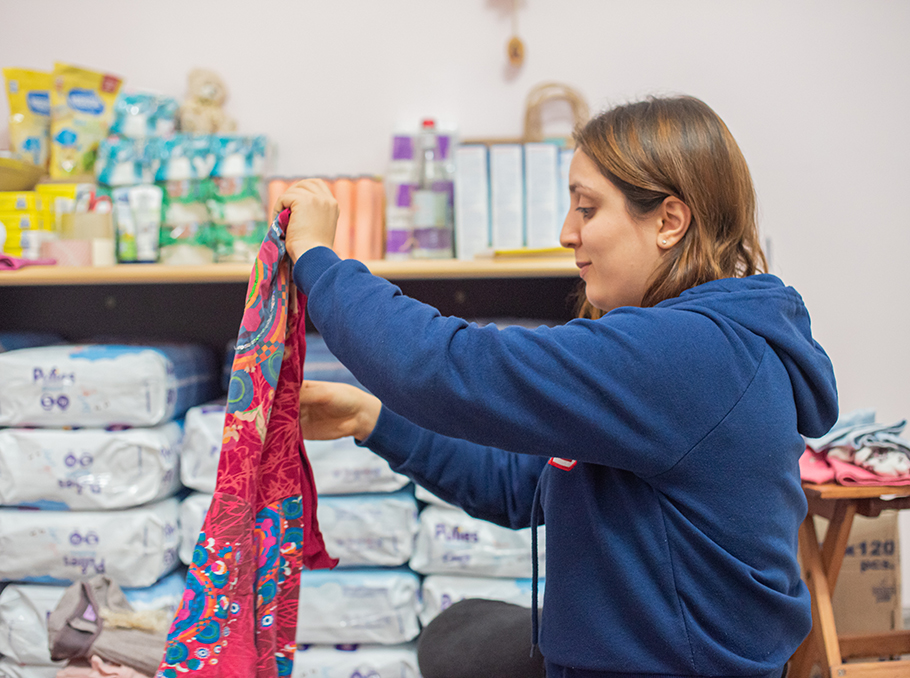
Photo: Mediamax
Providing the first part of assistance in person to the families allowed us to understand better their needs and organize the next aid more effectively. The possible needs prompted by our intuition were really a necessity.
Individual approach to each baby
Monica: Naturally, there is a great need for babies’ winter clothes. They also need baby baths, blankets, strollers, even toys.
The most important thing in this field is the individual approach that should be shown to each kid. Even the brand of diapers or baby food is extremely important. Our team is in constant contact with families so that we can get to know them even better and provide the right aid.
Now we support 20 babies. The program could be expanded if there are more donations, but we must maintain an individual approach. The primary goal is to help pass the winter.
There may be disappointments
Liliana: When you do a lot of work in terms of volume with limited resources, it becomes very difficult to control everything and make sure that the aid reaches only families who are in need.
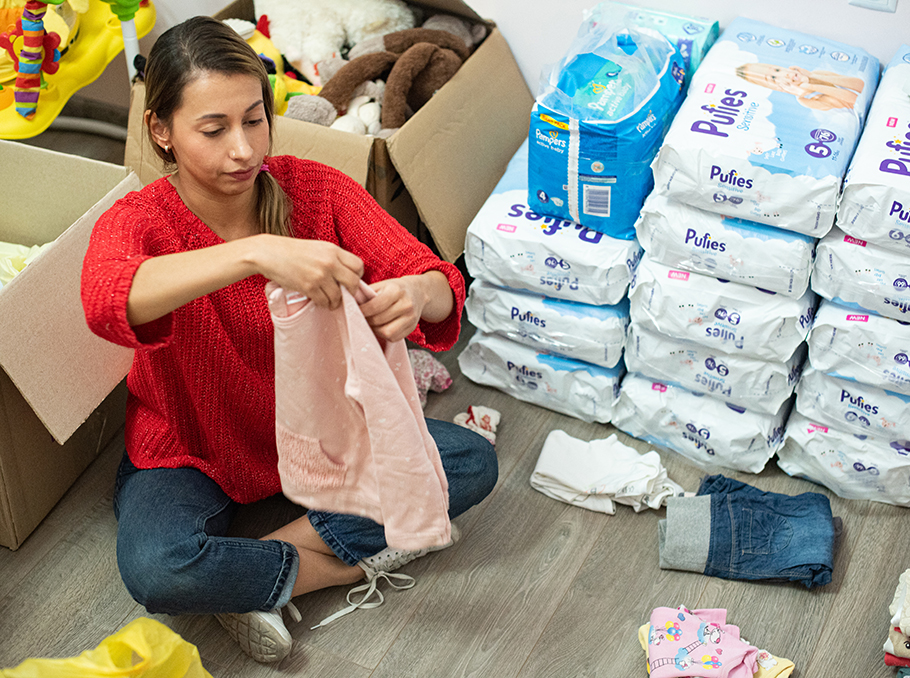
Photo: Mediamax
During our second project, we visited one of the families to whom we had previously provided assistance. The family did not need anything; they lived in very good conditions. Yes, they were from Artsakh, but they moved to Kapan 15 years ago, and they were just benefiting from the support that many other families needed. This was very disappointing, but after that case, we became even more attentive.
Kindness is a gift in itself
Liliana: Babies are the cutest thing ever, they are extremely cute when smiling. When we give something to the baby, the mother also becomes happy. Seeing this is priceless and the best reward for this whole experience.
Monica: Those kids are so happy... They will stay happy when they grow up if we make the right conditions for their growth.
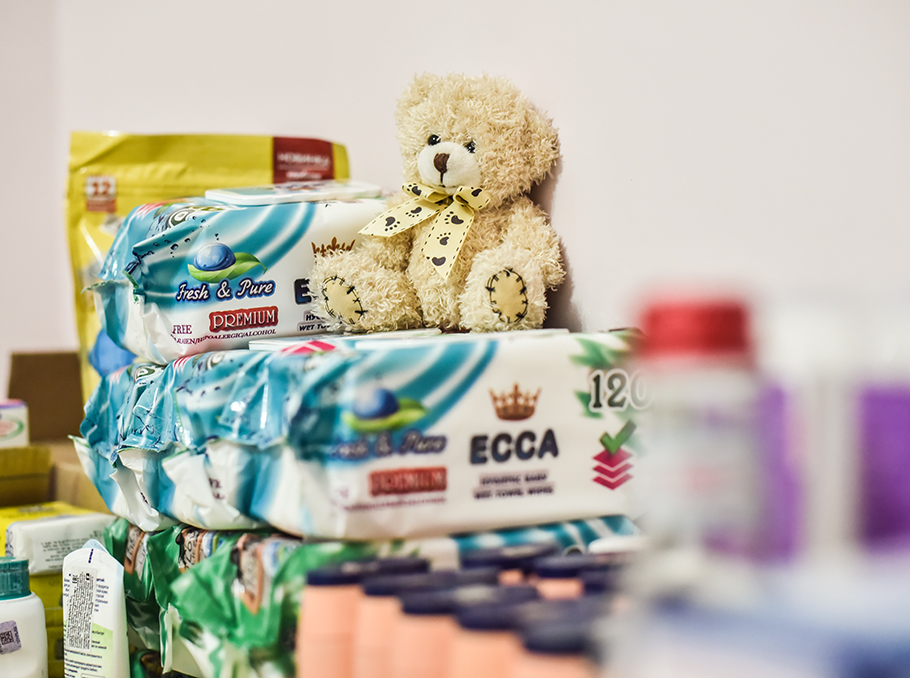
Photo: Mediamax
You can help too
Liliana: It is preferable to receive a monetary donation so that we can buy the necessary goods at the best price, but there are some baby items that we will gladly accept, if they are in good condition.
We hope to find people whose profession is related to baby care. We would like to consult to make sure that what we do is the best for the kids.
We are also looking for Armenian companies that produce baby food or other items that can cooperate with us. We would like them to contact us.
You can find us on Instagram and Facebook, we respond to messages 24 hours a day.
Text and photos by Gayane Yenokyan
















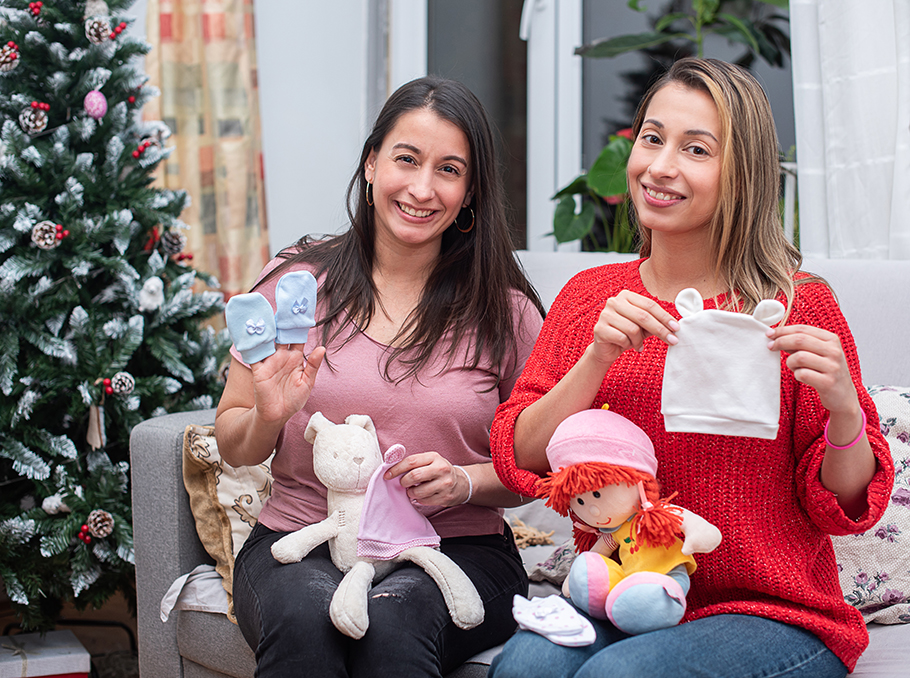

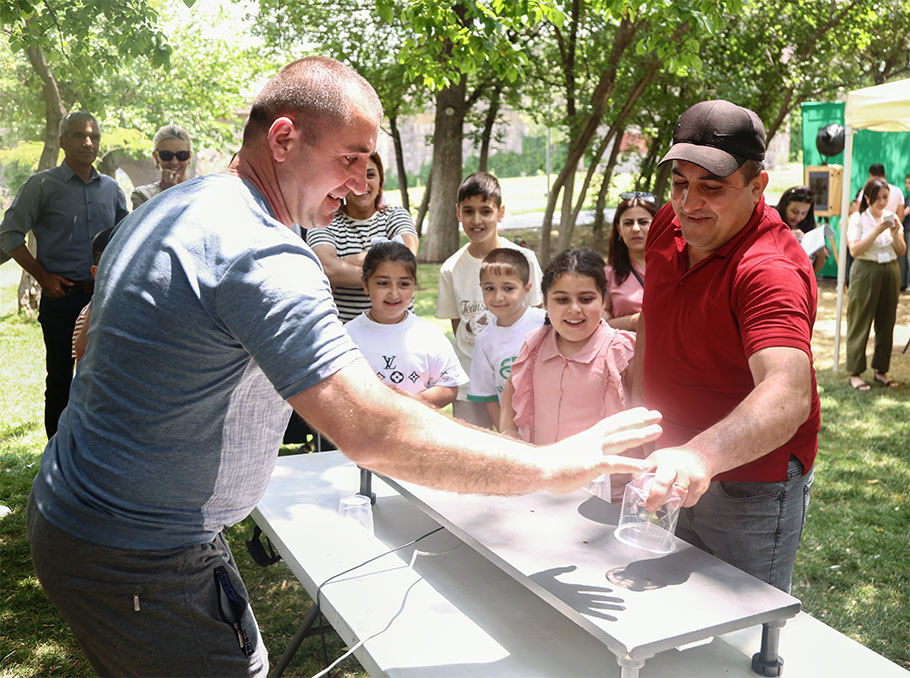
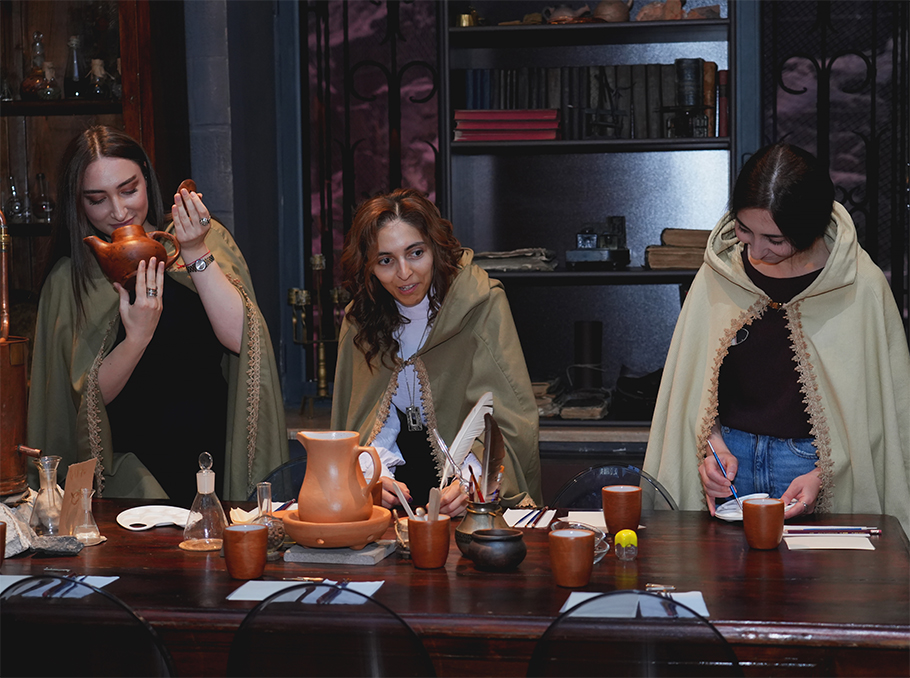
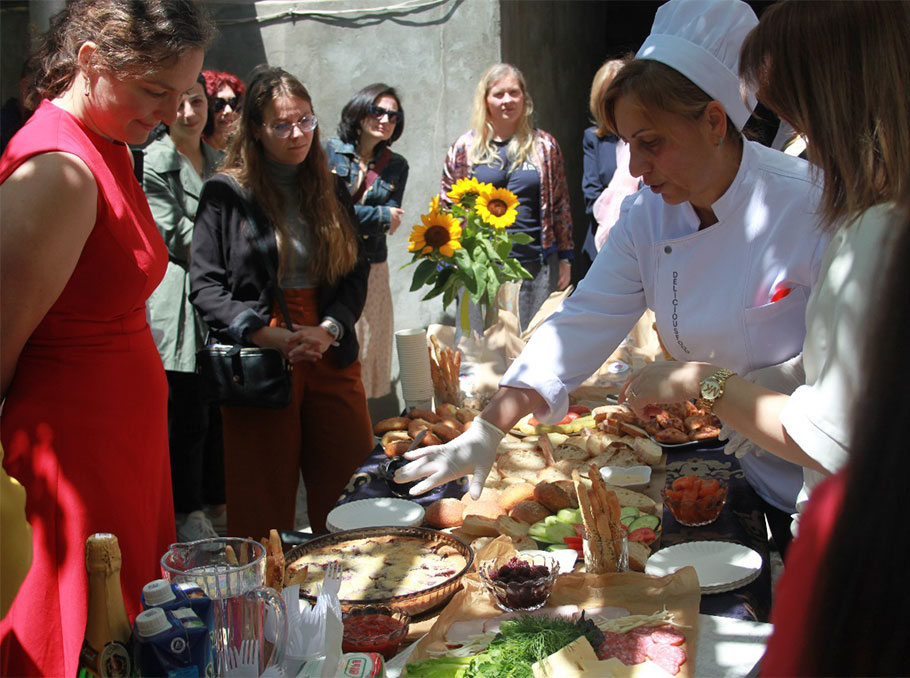
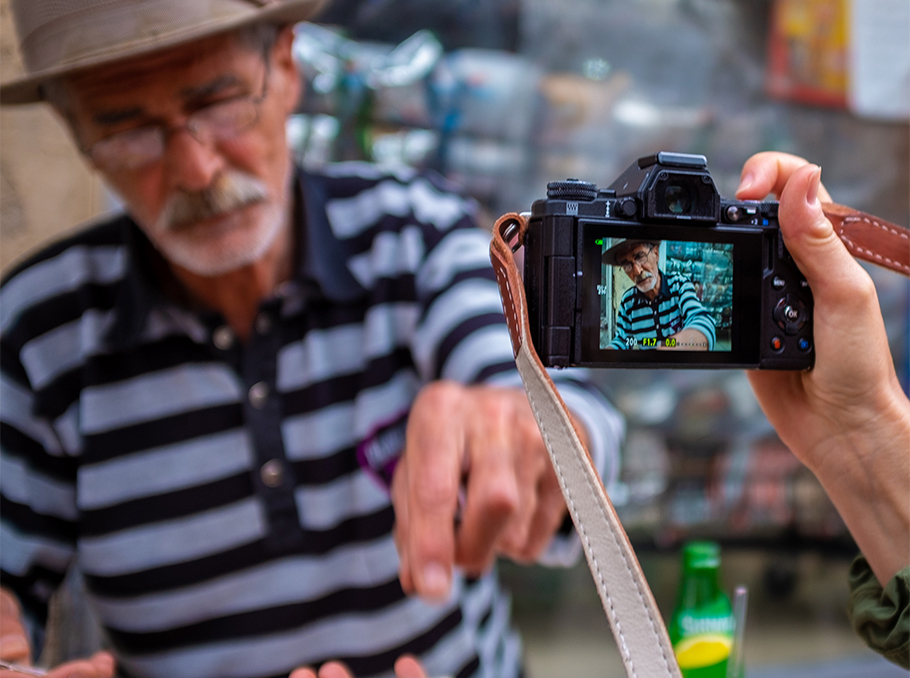
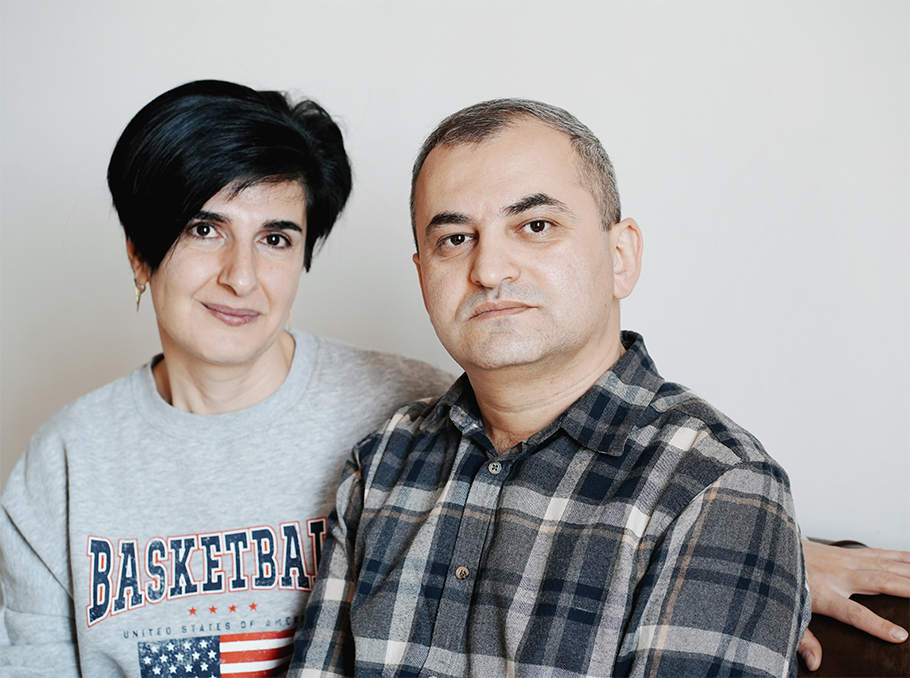






Comments
Dear visitors, You can place your opinion on the material using your Facebook account. Please, be polite and follow our simple rules: you are not allowed to make off - topic comments, place advertisements, use abusive and filthy language. The editorial staff reserves the right to moderate and delete comments in case of breach of the rules.